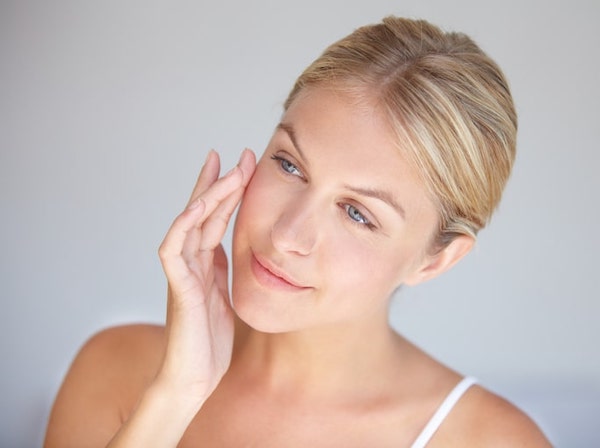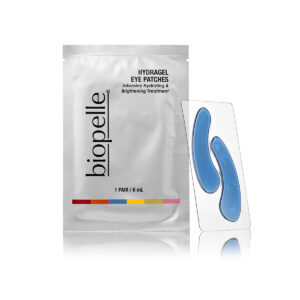Aging happens: external and internal factors mean no one can remain “baby faced” forever, but advances in skin care can help with “pre-juvenation” so you’re helping to prevent signs of aging before they occur rather than correcting damage that has already occurred.
Genetics play an important role in skin’s appearance—what your skin looks like as you age may be similar to your parents. This is true for intrinsic aging factors such as cellular function and hormonal changes. Another major element of skin aging though are external factors like sun exposure, dehydration and how you care for your skin over time.
There has never been more options for science-backed ingredients and technologies have been proven to reduce the appearance of fine lines and wrinkles, increase luminosity and help even skin tone. But when is the optimal time to start incorporating anti-aging products into your routine? Is it ever too early?
When Does Your Skin “Start” to Age?
Technically your skin starts aging immediately, but in terms of using skincare products and visible signs of aging, there can be signs starting in your 20s—especially if you have contributing factors such as lots of sun exposure or if you are a smoker.
Collagen, which provides that skin firmness, naturally breaks down over time as your skin produces 1% less collagen per year after the age of 20 and elastin, which gives skin flexibility and the ability to bounce back into place, also starts to break down beginning in your twenties. The breakdown of these proteins is ongoing, and later in life, women can lose a staggering 30% of their remaining dermal collagen in the first five years of menopause.
These natural internal aging factors combine with external forces you naturally encounter as you move through life like sun exposure, which can cause hyperpigmentation early on and over time slow cellular turnover, and free-radical damage, which can slow the production of collagen and elastin even more.
Can You Prevent Skin Aging?
Aging is an absolute gift, so there’s no stopping it. Introducing anti-aging skincare products before you see dramatic changes can help slow the visible effects of skin aging, though.
“Prevention is better than a cure,” Dendy Engelman, MD, a board-certified dermatologist in New York City, told Well + Good. “In most things health and beauty, prevention is key. From wrinkles to hyperpigmentation, the more you protect and pre-treat your skin with proper ingredients and formulas, the better equipped you are to combat signs of aging.”
Preventive Anti-Aging Skin Care Recommendations
First and foremost, having any skincare routine that you commit to doing every day is the base level of preventing skin aging. The best skincare routine is one you’ll stick to. If you’re looking to target anti-aging specifically before those fine lines become more prominent, consider adding these ingredients.
Antioxidants
Antioxidants are naturally occurring compounds that protect your cells against damage. While abundant in fresh, healthy foods, antioxidants incorporated into skincare formulations can help target benefits directly into the skin. The list of free-radical fighters credited with skin-protecting and anti-aging properties includes some well-studied skincare antioxidants:
- Vitamin C
- Vitamin E
- Niacinamide
Retinol
Retinol, a derivative of vitamin A, helps support collagen production and cellular turnover. Retinol is often considered a staple in any anti-aging skincare regimen, as it can improve skin’s texture, tone, blemishes and fine lines. With continued use, retinol can result in visibly more youthful-looking skin.
Growth Factors
For next-level anti-aging, consider adding growth factor skincare to your product lineup. Growth factors are naturally found in the skin and help repair damage from the sun and other environmental elements. With age, the body naturally produces fewer growth factors—leaving damage to the skin to go unrepaired. Introducing growth factor technologies like SCA Biorepair can help promote cellular turnover and support the production of collagen and elastin.
Skincare for All Life Stages
Whether you’re looking to prevent aging or embracing skin changes in menopause, Biopelle has clinically proven formulas to support your skin at all stages. Shop the entire Biopelle collection.

